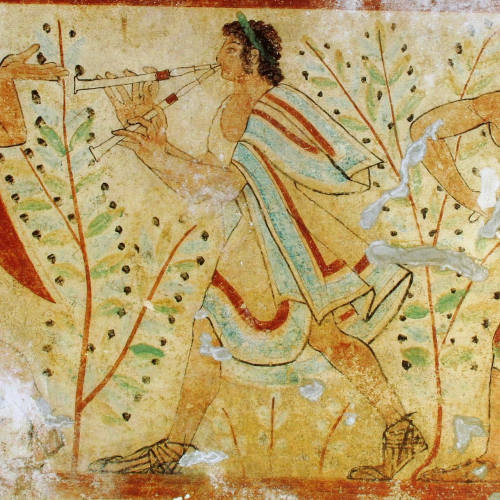
Dedicated for all DNA, Analysis Results, History, Research topics related to: Etruscans
The Etruscan civilization was highly advanced and developed in Italy around 900 BC and their homeland was called Etruria. They would call themselves Rasenna, Greeks would refer to them as Tyrrhenians, Romans as the Tusci. Herodotus claims they were migrants from western Anatolia whereas Hellanicus of Lesbos claimed they hailed from Thessaly. Etruscan culture was very similiar to Magna Graecia in the south, although considerably more aristocratic. Their mining of copper and iron led to an enrichment of the Etruscans and an expansion of their influence in Italy and the western Mediterranean Sea. The Etruscans allied themselves with Carthage in an attempt to control trade and gain influence. By the 4th century, Etruria was dealing with Gallic invasions from the north and Rome annexing its cities to the south. The Roman-Etruscan wars would bring its final defeat as the Etruscans assimilated fully into the Roman Republic.

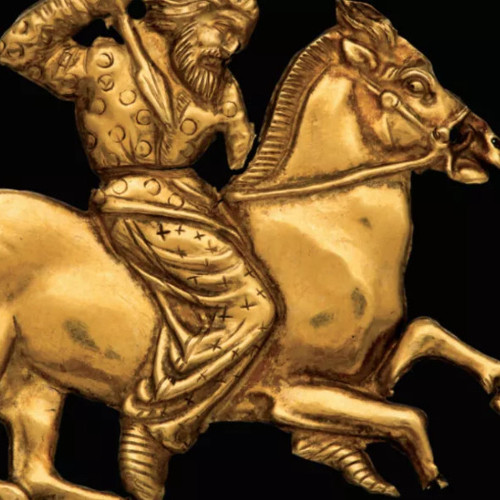
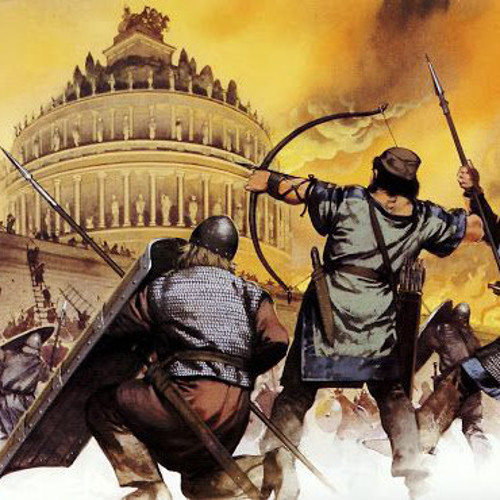
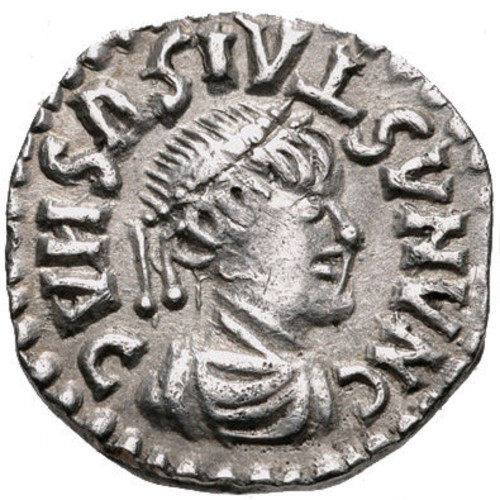


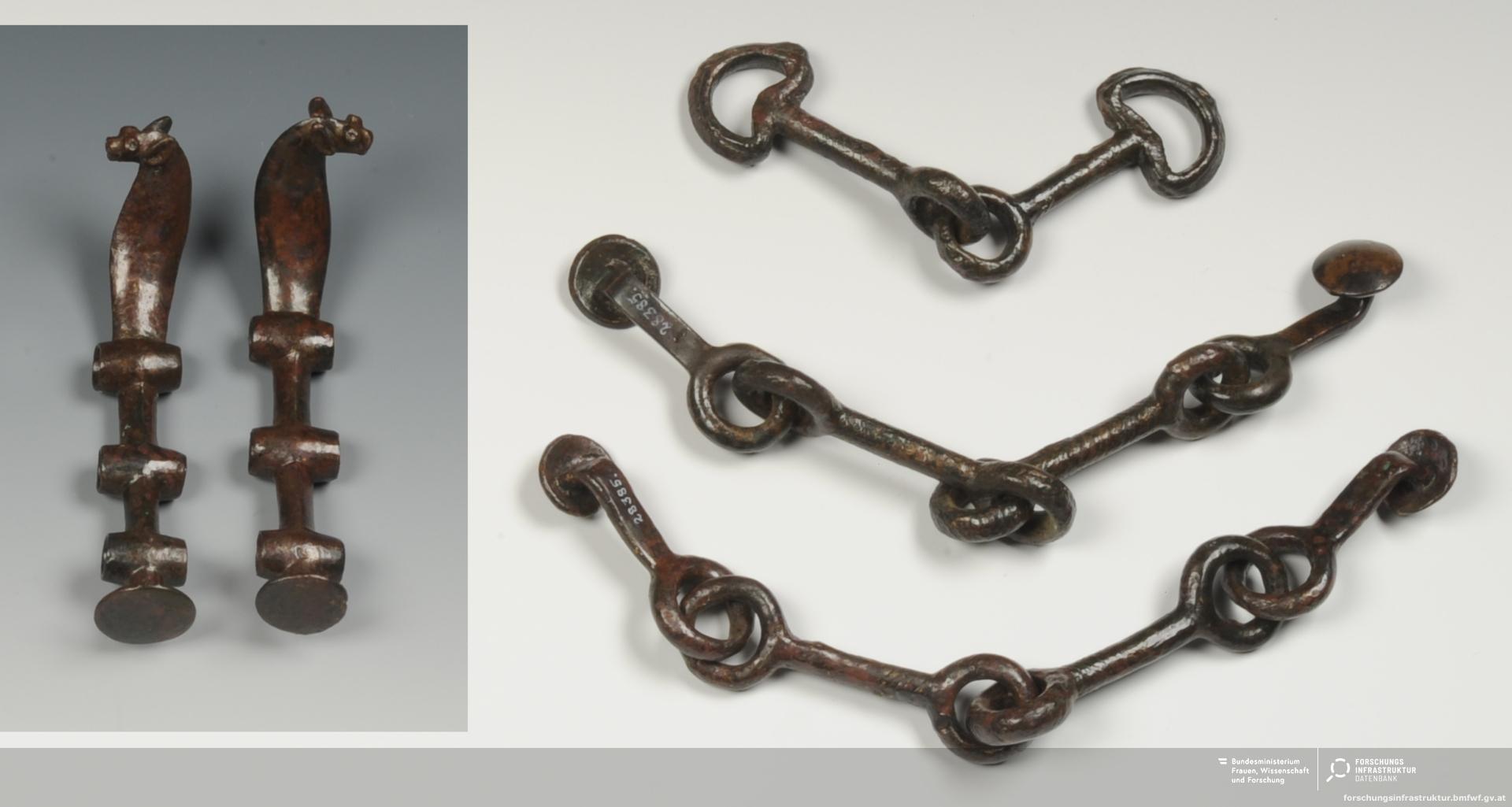

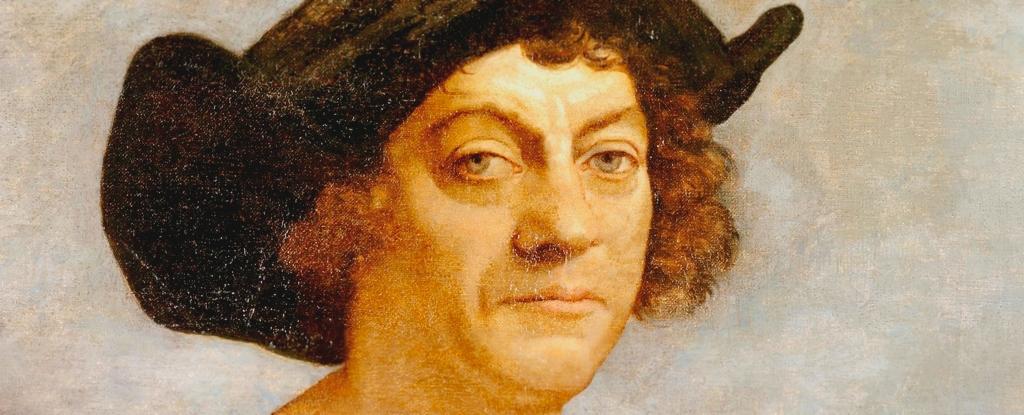
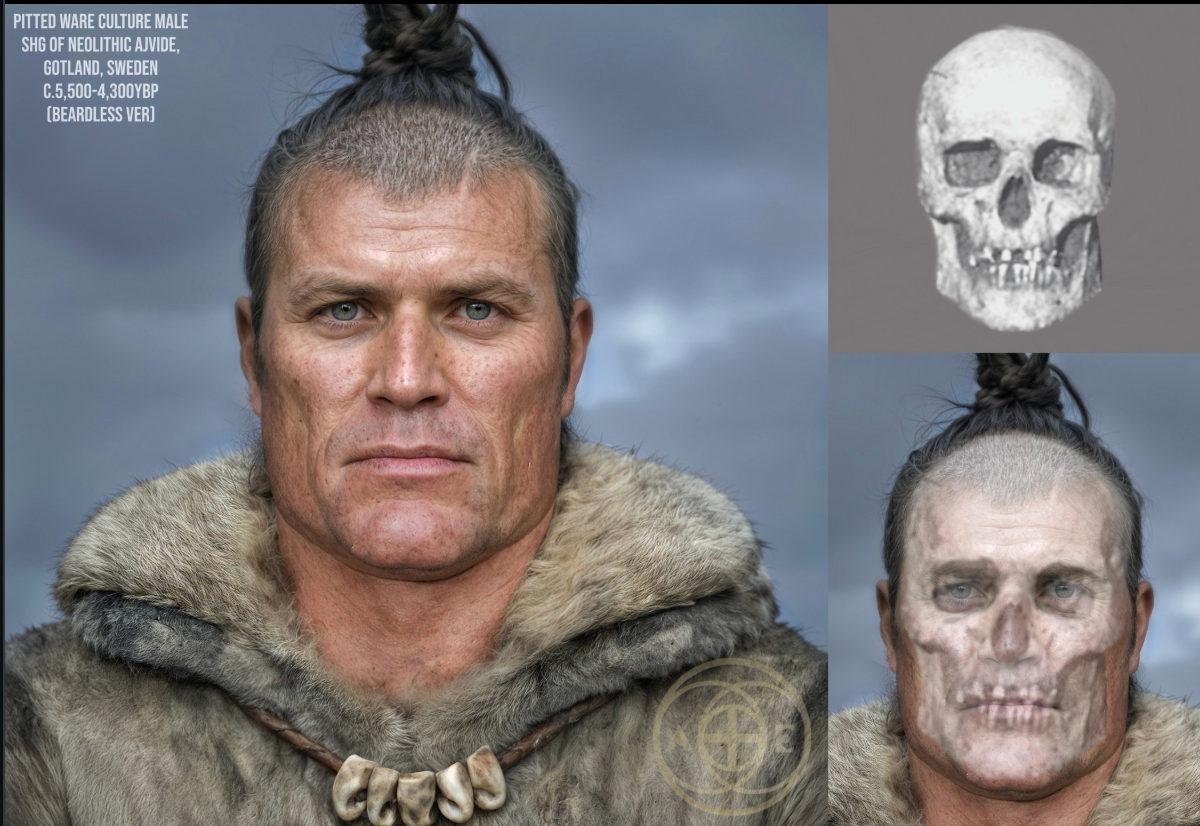
Comments